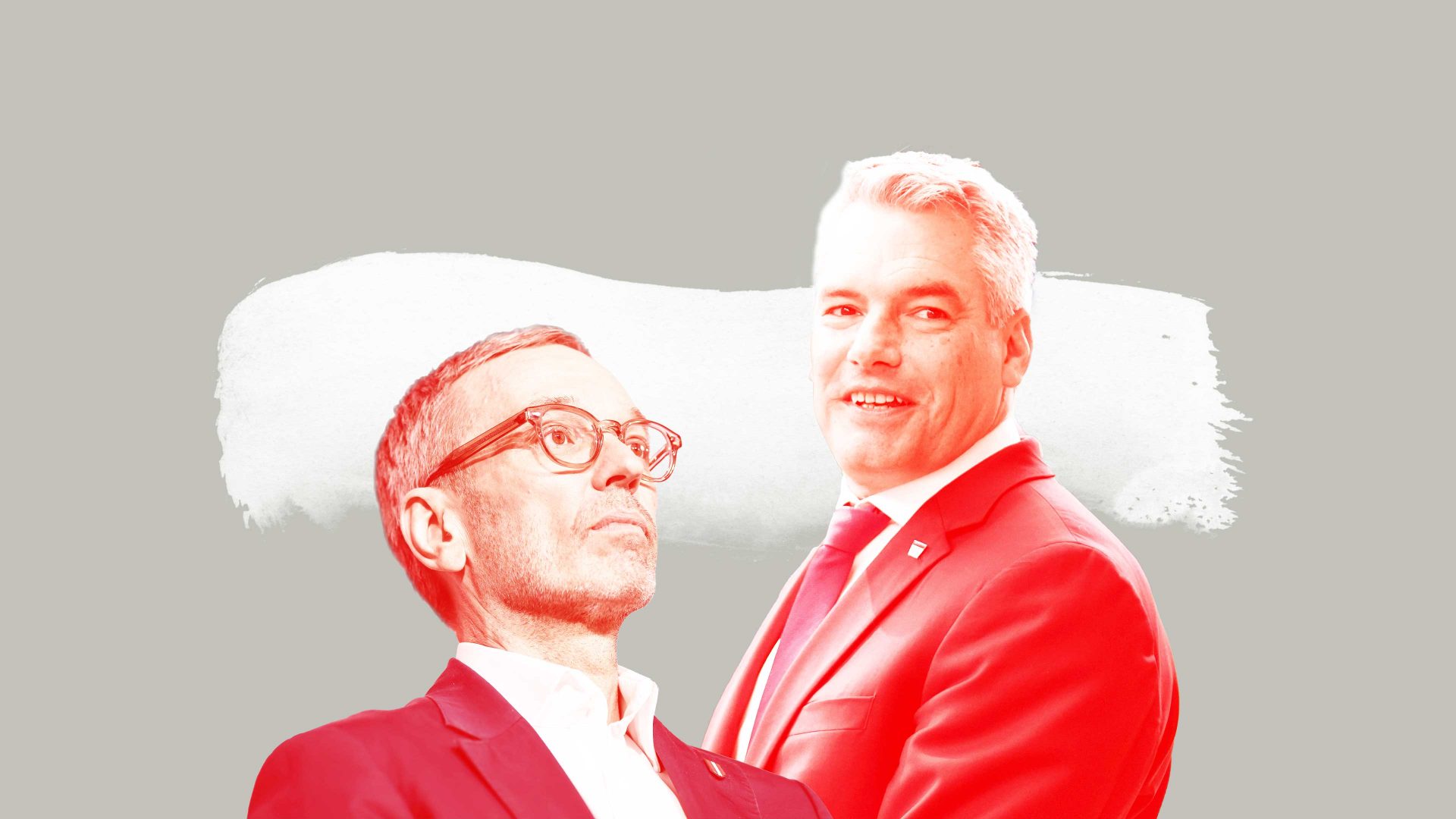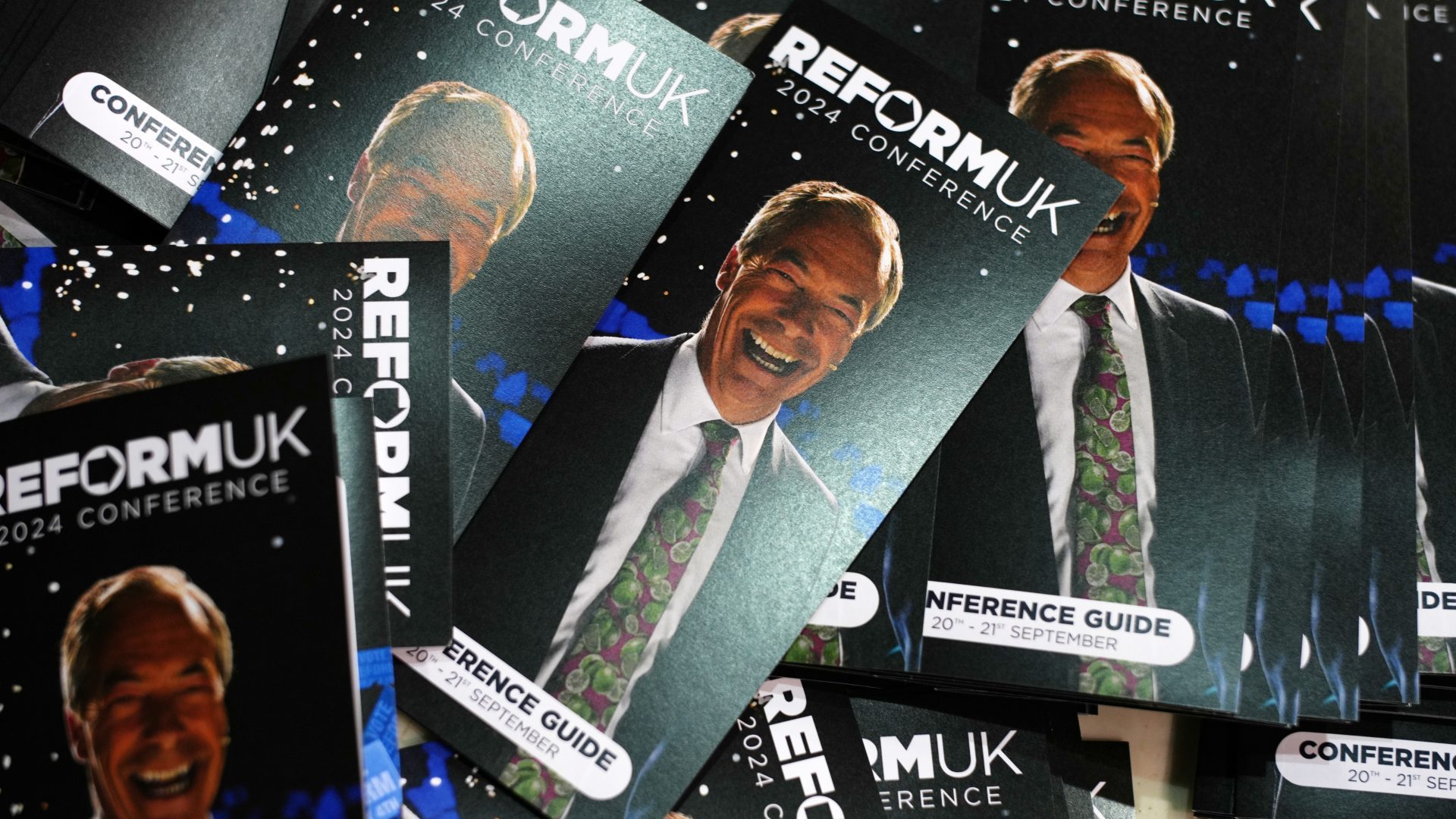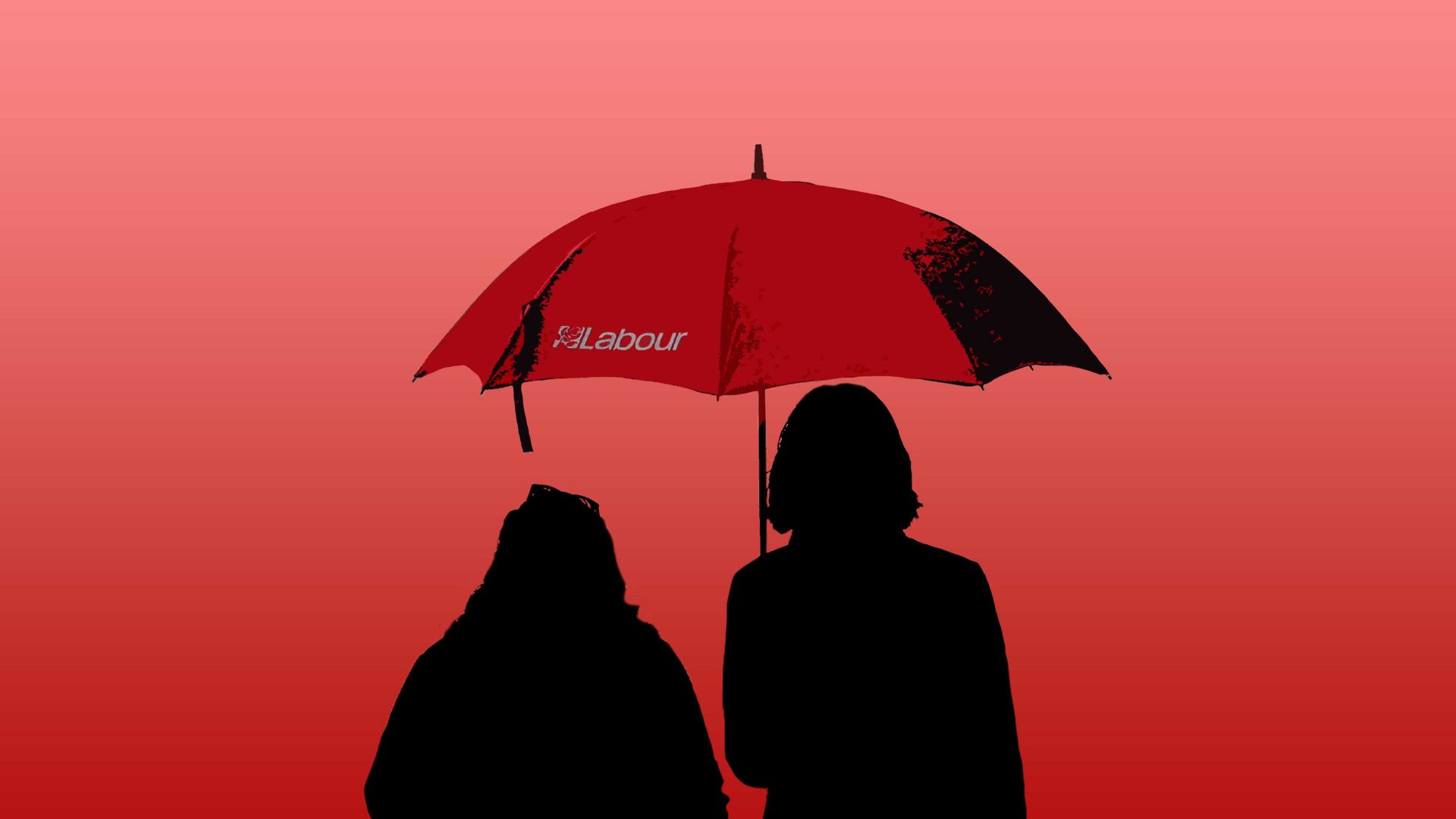Disclaimer: the complicated relationship between Germans and Austrians isn’t about to get any easier with me, the culturally and culinarily deplorable Piefke (pronounced: peefkah), writing about them.
Because whenever we analyse the Ösis, there’s always a whiff of cliche. Take the inferiority complex we attribute to the Republik Österreich – formerly known as the Habsburg empire, now reduced to Vienna Kaffeehaus splendour. Or the way they look down on us, thinking “We Austrians already had a Kaiser when Germans had tiny princedoms at best.”
We mock Austrians for their obsession with titles, their ponderous behaviour and their accent(s) – but there’s no denying that in many areas – elections not being one of them – Austrians do it better.
They perfected the art of coffee long before Starbucks came along, their cuisine is fantastic, and best of all, they take the time to savour it, unlike ze overeager Prussians.
Austrians might envy Germany’s economic success (though that’s more past tense these days), but they can’t stand our bluntness.
We in turn envy their savoir vivre but aren’t too fond of their craftiness, best summed up by Billy Wilder’s famous line: “The Austrians are brilliant people. They made the world believe that Hitler was a German and Beethoven an Austrian.”
For decades, Austria skilfully played the part of Hitler’s first victim. Which is partly true, and at the same time, horribly false. For further reference check out Thomas Bernhard’s play Heldenplatz, reflecting the thousands of Austrians who cheered the führer on March 15, 1938 on Heroes’ Square.
Fifty years later, when the play premiered, it sparked one of the biggest scandals Austria has ever seen – which says something about how much theatre matters in this country. And about modern Austria’s longstanding denial of its past.
One may speculate if this is why the Freedom Party FPÖ – with its national conservatism, right wing populism and extremism flirting with national socialism – has survived for so long. Despite neo-Nazi and antisemitism scandals, it has not only been part of several government coalitions but also won the European elections in June.
Until recently, they were leading the polls (28%), while the liberal-conservative ÖVP (24%) and social-democratic SPÖ (21%) trailed behind.
With its slogan “Fortress Austria, Fortress of Freedom”, the FPÖ was poised – for the first time in its nearly 70-year history – for overall victory in Sunday’s federal election. And they could still win.
There is a chance, however, that the party’s triumph could be washed away by the devastating floods in Lower Austria. Just 30 miles from Vienna, unprecedented rainfall burst riverbanks, wrecked critical infrastructure, and turned calm creeks into raging torrents, drowning livelihoods and lives.
History shows that floods can turn the tide. In 2002, Gerhard Schröder (SPD) pulled off a comeback in his wellies. Armin Laschet (CDU) saw the opposite happen in 2021. And in 1997, the Austrian politician Viktor Klima (SPÖ) overdid it by flying to a flooded area by helicopter, only to get in the way of those actually doing the work.
Austria’s chancellor, the somewhat dull but agreeable Karl Nehammer (ÖVP), is resisting the temptation to don disaster gear. Instead, he’s suiting up as a crisis manager, negotiating support funds, announcing an extra €1bn on top of the EU’s aid package and reassuring the public.
An Austrian colleague pointed out to me that last week, Austria’s press agency APA had more than twice as many new photographs of Nehammer as they did of FPÖ leader Herbert Kickl.
Kickl is not exactly charismatic – one friend calls him a Goebbels-like intellectual, another reckons he’s only popular because his competition is so bland. In any case, his unrestrained all-round criticism, his vows to crack down on crime and promises to “save Austrian cultural identity” through “remigration” strike a chord. According to him, “law has to follow politics, not the other way around.”
His campaign posters shout: “You’re the boss, I’m the tool”, pushing the idea that he, unlike the detached ÖVP-green coalition, is truly in tune with the people’s will. That while the “system” doesn’t care about them, he does – never mind the fact that Kickl, who has never had a job outside the FPÖ, lives comfortably off said system.
The plot twist could be that, come Sunday, manmade climate change-denier Kickl sees his victory sink. But still, to quote the Austro-American psychoanalyst Erika Freeman, “people love those who allow them to hate.”




